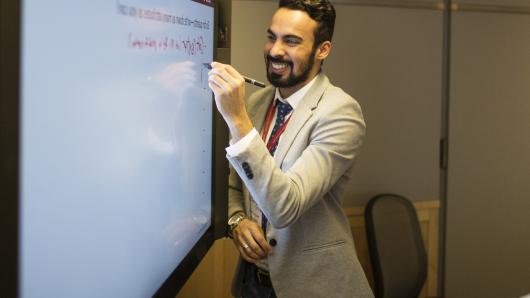Course description
In recent years, the specter of terrorism has returned to Western democracies, where violent attacks have shaken the United States, Canada, Norway, France, and Germany. While leaders and civilians are usually quick to respond with an outpouring of grief and solidarity, critics point to the selective outrage that citizens of industrialized nations often display. When terrorist attacks occur in non-Western countries, such as Lebanon or Nigeria, news coverage is staggeringly scarce. Similarly, we witness differential standards in other domains of political violence: outside attackers—like the 9/11 hijackers or the shooters in the streets of Paris—are treated in terms of the impact and consequences of their actions, whereas those who come from within—as Norwegians see Anders Breivik or Americans see mass shooters—are examined for their intentions and what made them act the way they did. These examples highlight only some of the key questions that arise in the wake of terrorism: why are so many people quick to refer to some events as terrorist attacks, yet debate whether the label applies to other cases—in other words: when is a terrorist not a terrorist? Why are some attacks met by calls for stricter security policies, even if they curtail civil liberties? Why are we so outraged when violence hits us at home, while at the same time we turn an eye to similar atrocities occurring on foreign soil? These questions, and many others, are the province of political psychology, a field that uses experimental methods and theoretical ideas from psychology as tools to help understand political processes. After completing this course, students are able to tackle the puzzles above by referring to relevant psychological frameworks and concepts and apply them to the study of terrorism and current events. Topics covered include: in-groups and out-groups; the role of gender, ethnicity, perceived threat, political ideology, religiosity, and emotions in shaping responses to terrorism and conflict; media portrayal and elite rhetoric in the wake of terrorist violence; and interventions to curb intergroup hostility. For complete and current details about this Harvard Extension course, see the description in the DCE Course Search.





